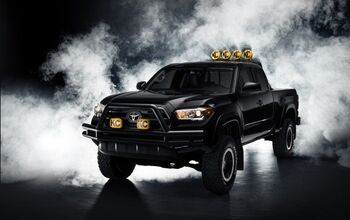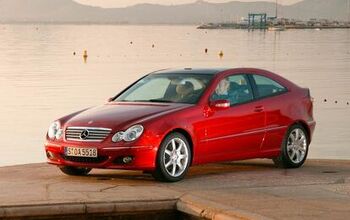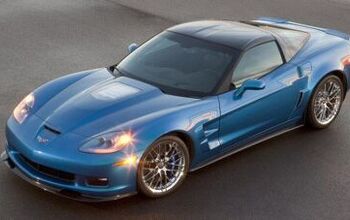Checker Checks Out

Even before the debate over federal loans to the domestic automakers, a number of TTAC editorials pointed out that a bankruptcy by one of the The Big Three would lead to a C11 by the remaining two. Bankruptcy allows the abrogation of labor contracts; an automaker in Ch. 11 proceedings would be able to lower labor costs significantly, putting the other car makers at a competitive disadvantage. [ED: one of Ford’s SEC filing made that very point.] Parts provider Checker (no cabs since 1982) tried to negotiate wage concessions from its employees’ labor union. But even with bankruptcy hanging over their heads, the union wouldn’t make the needed concessions. And so Checker has become the eighth major US auto supplier that’s filed for bankruptcy in the past year.
The 87-year-old company has 246 employees, with assets of $24.5m and liabilities of $21.8m. In 2007, Checker posted net sales of $63.4m. The bankruptcy filing cited both competitive pressures re: labor costs and its customers’ decreased market shares. Checker sells stampings and welded assemblies to all three of the domestic automakers; the domestics have lost about five percent market share from 2007 to 2008. I suspect that the 35 percent decline in overall sales for their customers is a greater factor in Checker’s troubles than their decreased market share.
Critics of government assistance to the domestic automakers called its supporters chicken littles for predicting a cascade of supplier bankruptcies should any of the domestics be forced into Chapter 11 or 7. With at least a third of domestic auto suppliers already financially distressed, it may not even take a failure of one of the large automakers to start that cascade.
The same day that Checker filed, Lansing based automotive electronics supplier May & Scofield closed its doors after Bank of America foreclosed on its U.S. assets.

Ronnie Schreiber edits Cars In Depth, the original 3D car site.
More by Ronnie Schreiber
Latest Car Reviews
Read moreLatest Product Reviews
Read moreRecent Comments
- Calrson Fan We are already seeing multiple manufacturers steering away from EVs to Hybrids & PHEVs. Suspect the market will follow. Battery tech isn't anywhere close to where it needs to be for EV's to replace ICE's. Neither is the electrical grid or charging infrastructure. PHEV's still have the drawback that if you can't charge at home your not a potential customer. I've heard stories of people with Volts that never charge them but that's a unique kind of stupidity. If you can't or don't want to charge your PHEV then just get a hybrid.
- AZFelix The last time I missed the Malibu was when one swerved into my lane and I had to brake hard to avoid a collision. 1 out of 5⭐️. Do not recommend.
- 2ACL I won't miss it; it was decent at launch, but in addition to the bad packaging, GM did little to keep it relevant in the segment. I'd prefer that another domestic automaker doesn't just give up on the mainstream sedan, but unlike some of Ford's swan songs, the Malibu made an indifferent case for why they should live.
- ToolGuy TG grows weary of purchasing gasoline. I don't care so much how or why, I am just tired of it. I still buy petroleum products, not 'boycotting oil,' but backing away from gasoline where I can. Sample size = 1.
- Probert Maybe it's not too late for the Dodge Neon I've always dreamed of!!! To the keyboard Robin!


































Comments
Join the conversation
I can envision many viewpoints and opinions regarding unions and worker's wages and management needing to create a profit and a multitude of other viewpoints and negatives and positives but looking at the economy and society etcetera at a huge macro-level and to condense a big bunch of stuff into one general subjective declarative rhetorical statement/question.... Why not just have the vast majority of Americans work and live at a a 2nd- or even 3rd-world level?